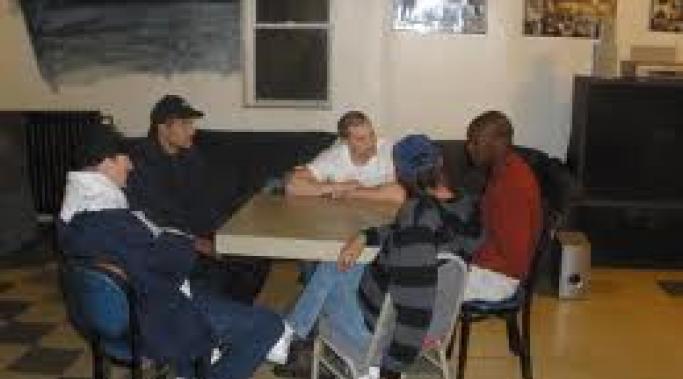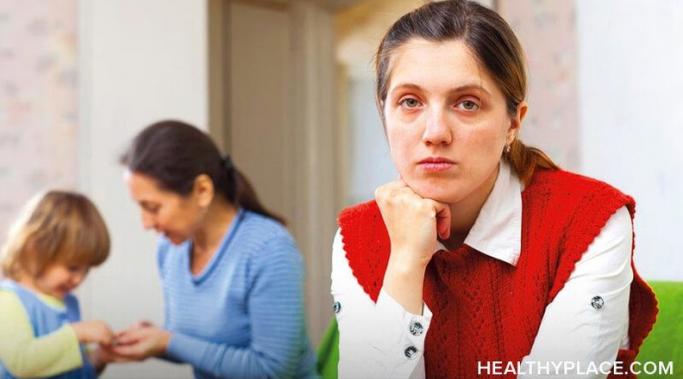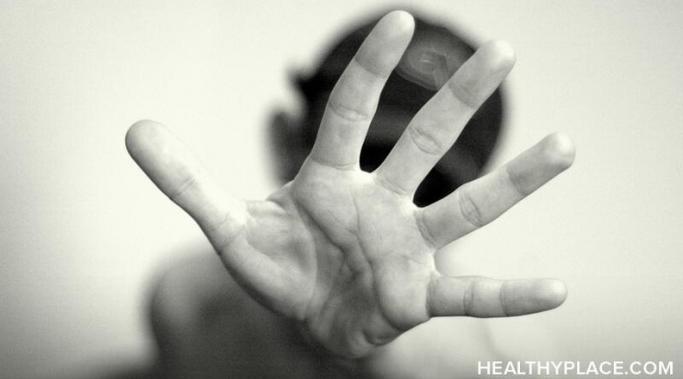When my son, Ben, finally began treatment for mental illness, I kept careful notes on all the symptoms I saw between appointments. At best, Ben would see his therapist and/or psychiatrist for 1 hour a week and was often able to hold it together for that one hour in a much better way than he'd been able to do all week with us. So I made an effort to fax these notes to the provider the day before the appointment.
Some read it. Most did not, citing "no time" as the reason.
Really? What kind of session can you have if you don't have all the facts? Families know. They know a lot.
Parenting and Mental Illness
[caption id="attachment_254" align="alignright" width="119" caption="Thomas Insel, NIMH"][/caption]
Let's hope so. Let's hope earlier detection is possible. Why? Because it's essential. At the NAMI Convention in Chicago a few weeks ago, Dr. Thomas Insel of NIMH (National Institute of Mental Health) said that more research dollars are spent on tooth decay than on mental illness. Really? Wow!
Last night my friend called me from the ER of our local hospital. She is where we were eight years ago: son in crisis, mother in heartbreak, son blaming the mother. Oh, yes. I remember it well.
Without dwelling on details that invade my friend's family privacy, I'll sum it up this way. Bipolar. Not taking prescribed meds. Alcohol. Threatened suicide. 911. Rehab desperately needed. Mother hoping. Son, age 26, wavering, now that rehab (which he said he needs) could now become reality.
I write this from Las Vegas. My son Ben has been living at home with us ever since his discharge from the hospital three weeks ago. The last time he lived at home was over seven years ago, when his schizophrenia diagnosis was so new and his rebelliousness so out of control. This time, he is a delight to live with, and wants to be fully cooperative with the "program" we have set up for him - routine, structure, rules, meds. But - for how long? And is this good for him?
Yesterday, I had the pleasure of being interviewed by Armand DiMele, for his radio show on WBAI in NYC, which airs Tuesdays and Wednesdays at 1 PM.
We talked about many things, using my book Ben Behind His Voices: One Family's Journey from the Chaos of Schizophrenia to Hope as a launching pad for advice for families.
What Armand most wanted to cover was the need for early detection (when does "my child is a little bit off" become "this is a possible mental illness"?), the experience of other family members (siblings, spouses, children as well as parents of those with a mental illness), and the need for communication skills and self-care in dealing with our loved ones. He rightly saw our family story as a platform for introducing others in similar situations to the need for things like education (such as NAMI, and of course HealthyPlace.com), support, advocacy, respect and self-care.
Last week, I blogged about some good news: Ben, my son, was discharged from the hospital and is getting his life back. He went back to his job, is taking his meds, signed up for fall college classes, and will begin his outpatient program soon. So - some pieces are in place and that sudden lack of structure that triggered his schizophrenia relapse two months ago is gone.
So far so good. But here's the thing.
"Ben is so lucky to have you."
That's what I've been hearing a lot lately - well, from those whom I am not criticizing for shoddy case management.
And, that's a nice compliment for sure - but, in the immortal words of Carrie Bradshaw (Sex in the City): "I couldn't help but wonder...": What about all the people with mental illnesses whose families have given up on them?
My brain is still absorbing all I have learned, ideas I've been introduced to, and the amazing people I met at last week's NAMI National Convention. (read Hold onto the Hope: NAMI National Convention) I'll do my best to share some of this wisdom with you here, as I file these amazing possibilities next to the reality of my son Ben's current relapse.
The nurse on the psych unit where Ben is still a patient calls to inform me that Ben has been in "an incident." My pulse jumps up by about 20 beats - what Dr. Jill Bolte Taylor would say is my amygdala sensing that "I am not safe" - and I ask for details.
It feels like we stepped into a time machine and it's 2005 once again . That was the last time Ben was admitted to the psych ward in this hospital. And now, we're back. I've gone from stone-faced shock (Friday) to tears of helplessness and grief (Saturday), to a determination to enjoy Fathers' Day despite the fact that Ben can't be with us (today). And now, with all distractions gone, it's early in the morning and I can't sleep. My head is spinning with all I must do tomorrow to try and bring Ben back to life again. If I can.
Logic tells me that my control is limited at best: this is Ben's journey, these are Ben's decisions. He has somehow managed to stop taking his meds again, and now it's as if the past six years of success - college classes, increased responsibility, full participation in family, and finally employment - are all in jeopardy.
But the mother in me is absolutely livid.
A message comes to me via social media, along with an invitation to connect. It simply says, "My 27 year old child has schizophrenia, but will not get treatment." Oh boy, can I relate to that. Unfortunately, this is a major dilemma facing all of us who deal with mental illness in our families.
Parenting is always about the precarious balance between stepping in to help, and letting go to allow learning from experience. From a child's first steps to his or her first relationship, car, job, apartment...when to give advice? When to help? When to step back and watch them sink or swim?









